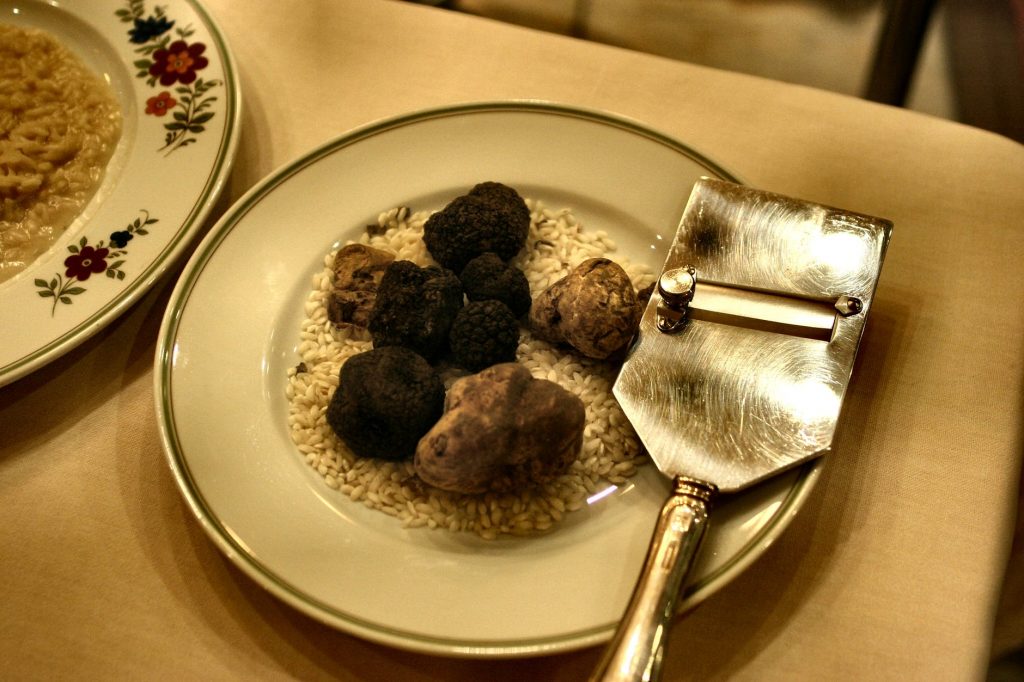If you ask me, the thing that I love most about Tasmania is the caliber of its produce. You’d expect a location called “the Apple Isle” to create fruit in abundance, and Tasmania does this. However, small, boutique-style farmers today gives far more than just fruit. Fresh ingredients produced in Tasmania fulfils demand from other states and international restaurants as well as from the local food industry. The shift, to what’s presently a powerful wine and food culture with a focus on a huge array of simply-prepared, refreshing ingredients, has largely come about through migrants from southern Australia and from overseas.
1. Farmedsalmo
Few of the planet’s coastal waters have been pollution-free. Tasmania therefore includes a competitive advantage in aquaculture, together with a few of their most pristine environments on the planet and water temperatures ideal for growing high excellent salmon. Tasmanian-grown Atlantic Salmon is your first option for many chefs due to its texture and flavour. A superb supply of omega-3 fatty acids, Tasmanian Atlantic Salmon can also be chock full of minerals and vitamins, including vitamin A, a selection of B vitamins, antioxidants, vitamin D, vitamin D, and the minerals magnesium, calcium, iron, magnesium, potassium, phosphorus, selenium and zinc.
2. Black truffles

The very first black truffle was discovered in northern Tasmania in June 1999. Ever since that time, huge number of international chefs have been waiting in line to serve these truffles outside the timeframe of European truffle harvesting season of December to February. French black truffles are a type of fungus that grows just under the soil surface on the base of walnut or bamboo trees. Back in France, pigs are utilized to hunt for the distinctive odor of this truffles. Australian manufacturers use spaniels and other hound breeds that they find somewhat simpler to train. Many fine dining establishments in Hobart use these locally sourced delicacies in their dishes.
3. Wild abalone
Tiny Tasmania is the world’s biggest provider of wild abalone. The Conservancy prosper on Tasmania’s wild and tempestuous shore, in among the planet’s last remaining unspoilt marine surroundings. Its succulent, meaty texture and delicate flavour imply Tasmanian Wild Abalone is recognized worldwide as the best in the marketplace.
4. Wasabi
Wasabi, the traditional Japanese condiment is another boutique ingredient that is produced in Tasmania. It’s marketed as either fresh stalks or dried powder. Demand comes from leading Australian food establishments and from creative Tasmanian business owners who create wasabi-flavoured mustards, pickles and cheeses.
5. Extra Virgin Olive Oil
There are scores of boutique producers of extra virgin olive oil at Tasmania. The cool weather contributes to lower returns for growers but contributes to a product which is more healthy and using a stronger flavour. Tasmanian virgin olive oil has minimal oxidation that is four times better than the standard set by the International Olive Oil Council.
6. Organic foods
With the current emphasis on a healthy lifestyle and security of their environment, customers are worried about the long-term impacts of the chemical compound employed at the growth and creation of several supermarket foods. It is thus not a surprise that organic farming and manufacturing is a growth market for green, clean Tasmania. The largest acreage used for farming organic produce per capita in Australia is owned by Tasmania. This means that the locals have access to the astounding selection of organic products. The flavour is great. Peace of mind is a bonus.
7. Beef
All beef produced for consumption in restaurants all over Hobart is absolutely free of hormone and antibiotic growth promotants, and also the vast majority of Tasmania’s beef cows are grass-fed and are increased on chemical-free pastures. Wagyu cows are raised from the State’s south-west corner, chiefly for beef export to Japan, but also to meet the growing local demand.
